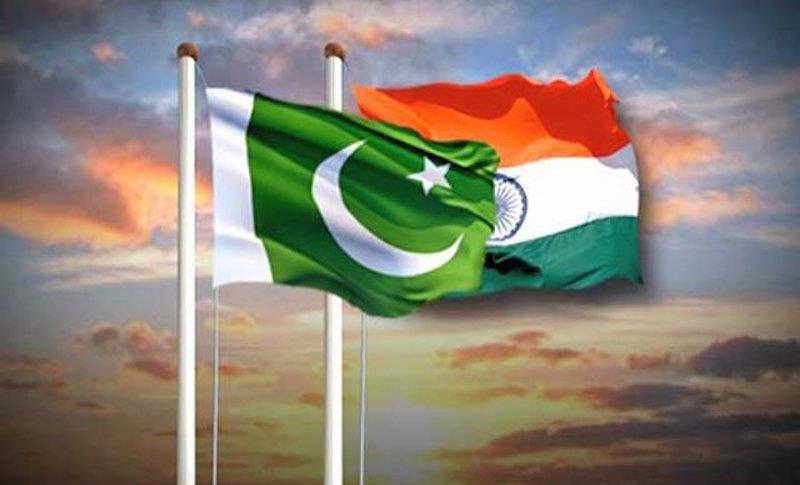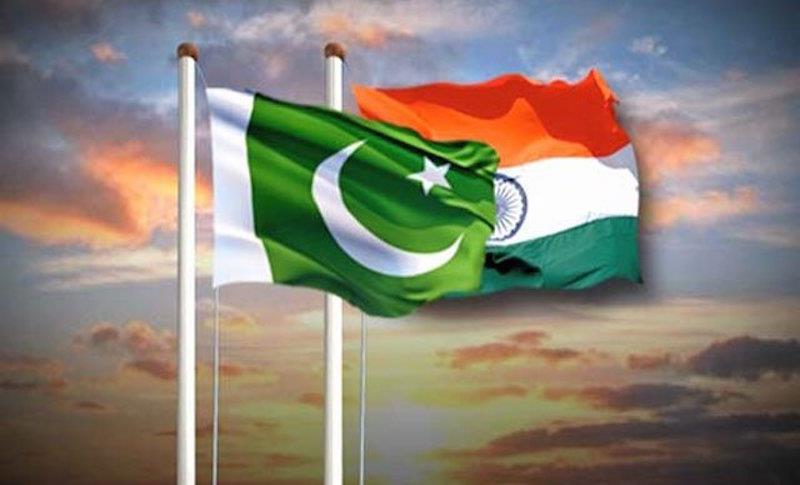
Pak Businessman Claims India, Pak In Backchannel Talks

Representational Photo
Srinagar- A leading Pakistani businessman has claimed that India and Pakistan are engaged in backchannel talks and the same will hopefully yield good results in the future.
“If things improve between the two neighbours, Indian Prime Minister Narendra Modi could visit Pakistan in a month,” Mian Muhammad Mansha claimed on Wednesday, according to Dawn newspaper.
Mansha, who is the chairman of Nishat Group, made these remarks at a gathering of businessmen at the Lahore Chambers of Commerce and Industry.
He advised the two countries to resolve their disputes and start trade to fight poverty in the region.
“If the economy does not improve, the country may face disastrous consequences. Pakistan should improve trade relations with India and take a regional approach to economic development. Europe fought two great wars, but ultimately settled for peace and regional development. There is no permanent enmity.”
Trade relations between Pakistan and India have been suspended since August 2019 when New Delhi revoked Jammu and Kashmir's semi-autonomous status and split the state into two Union Territories
There have been reports of backchannel talks last summer between the two economies of the region brokered by a Gulf state. However, the government said the talks were discontinued due to alleged Indian repression of the people of Kashmir, as well as its refusal to recall its troops from the valley and restore its special status.
MEA Refuses To Comment
Ministry of External Affairs said it does not comment on observations from private individuals when asked to react to claims by the leading Pakistani businessman.
MEA spokesperson Arindam Bagchi neither confirmed nor denied the claim and instead said it was not the practice of South Block to comment on statements by private individuals.
Indus Talks Likely In March
Meanwhile experts from both countries will be discussing the design of the 624 MW power project on the Chenab in Jammu & Kashmir at the next meeting of the Permanent Indus Commission as part of the Indus Water Treaty (IWT).
Article VIII (5) of the IWT says: 'The Commission shall meet regularly at least once a year, alternately in India and Pakistan.'
The Indus Commissioners from India and Pakistan had met in March 2021.
'Under the provisions of the Treaty, the Commission shall meet regularly at least once a year, alternately in India and Pakistan. The last meeting was held in New Delhi on March 23, 24, 2021. So, the next meeting is due,' Indus Commissioner P.K. Saxena said.
The dates of the meeting - mostly likely to be held in March - are yet to be decided. The agenda for the meeting would be finalised only after the dates are fixed.
Amongst the likely subjects to be discussed would be Pakistan's objection to the design of the power project over Chenab. In August 2021, Pakistan's Indus Commissioner Syed Muhammad Meher Ali Shah had raised objection to the design of the run-of-the-river Kiru project.
Saxena had then said, the design is fully compliant as per the provisions of the IWT.
The concrete gravity Kiru project is located in Kishtwar district of J&K. The Rs 4,287.59 crore (at 2018 level) project by Chenab Valley Power Projects Ltd, is a joint venture between NHPC Lt and Jammu and Kashmir State Power Development Corporation (JKSPDC).
Under the 1960 vintage IWT, India and Pakistan share the waters of six rivers in the Indus basin that flow through India towards Pakistan. Of these, India has complete rights over three eastern rivers - Sutlej, Beas and Ravi, while Pakistan has right over the western rivers Chenab, Jhelum, and Indus.
India can, however, build run-of-the-river projects on the western rivers. Pakistan gets almost 80 per cent share of the Indus basin waters (approx 135 MAF) against India's 33 MAF.
Incidentally, in August 2021 itself, a Parliamentary Standing Committee had recommended that India should renegotiate the Indus Water Treaty (IWT) with Pakistan in view of the 'present day pressing issues such as climate change, global warming and environmental impact assessment'.
However, the Permanent Indus Commission has no role in the policy decision.

Legal Disclaimer:
MENAFN provides the
information “as is” without warranty of any kind. We do not accept
any responsibility or liability for the accuracy, content, images,
videos, licenses, completeness, legality, or reliability of the information
contained in this article. If you have any complaints or copyright
issues related to this article, kindly contact the provider above.


















Comments
No comment